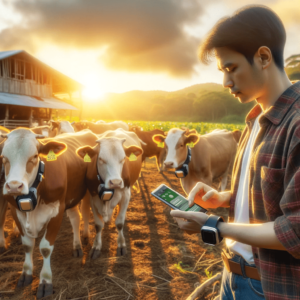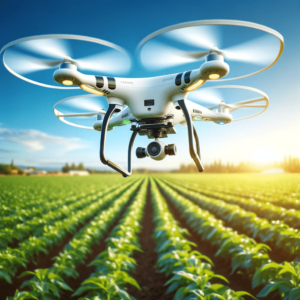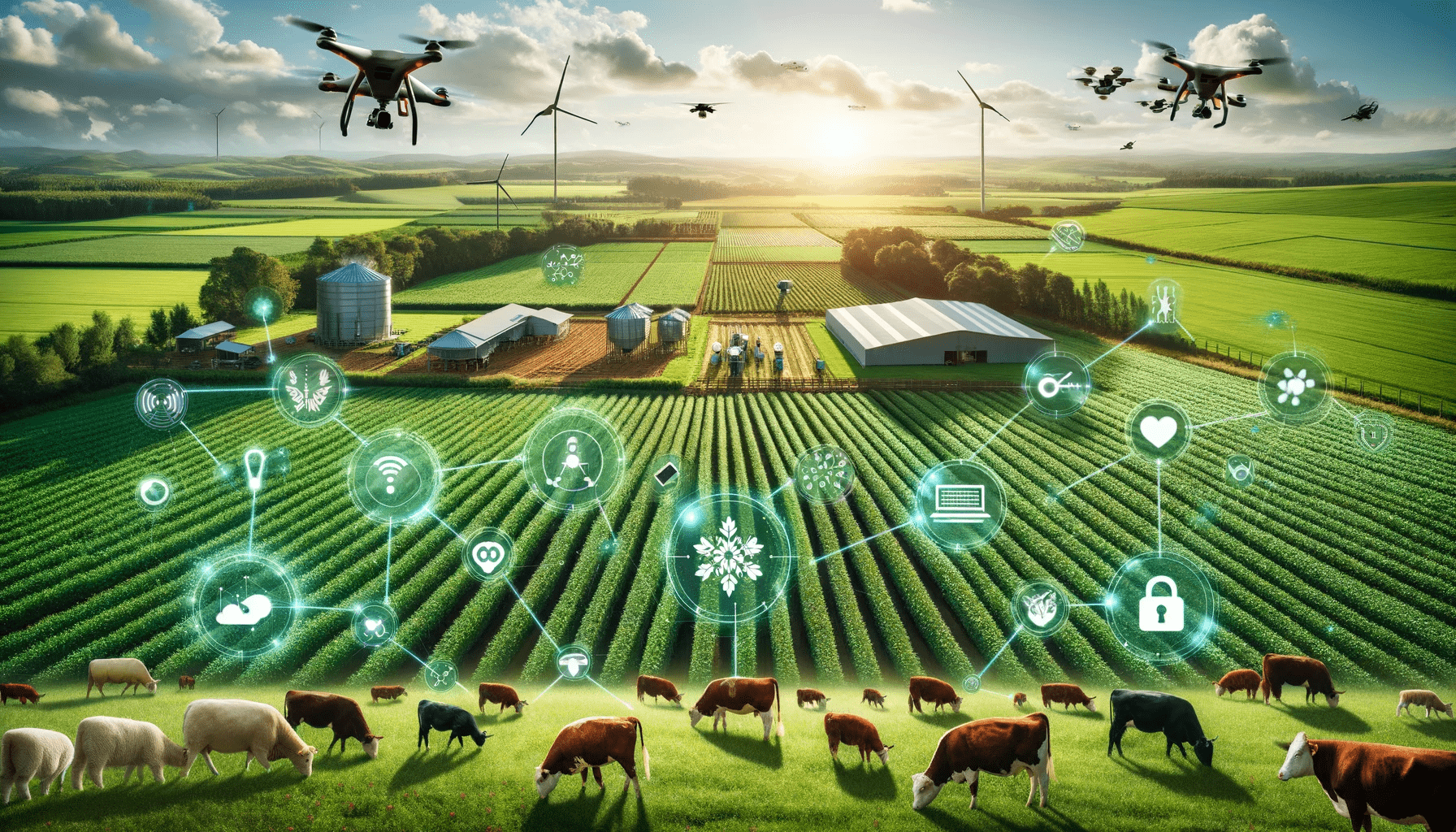In the ever-evolving world of technology, the Internet of Things (IoT) has emerged as a game-changer in various sectors, especially in agriculture. IoT in agriculture, often referred to as Smart Farming or AgriTech, is revolutionizing the way we grow food, manage farms, and perceive the future of agriculture.
The Impact of IoT on Agriculture
IoT technology in agriculture involves the integration of advanced sensors, wireless connectivity, and big data analytics to optimize farming practices. Here’s how IoT is making a difference:

- IoT enables farmers to monitor and understand variations within their fields, allowing for more precise farming. This includes soil moisture levels, micro-climates, and plant health, leading to more efficient use of resources.
- Livestock Monitoring: With IoT devices, farmers can track the health and location of their livestock, leading to better herd management and early disease detection.
- Agricultural Drones: Drones equipped with IoT sensors provide data for irrigation, crop monitoring, planting, and crop spraying, enhancing crop yields and reducing labor costs.
- Sustainable Practices: IoT aids in sustainable farming by optimizing the supply of water, fertilizers, and pesticides, reducing the environmental footprint.
- Data-Driven Decisions: IoT platforms collect and analyze data, enabling farmers to make informed decisions about planting, harvesting, and managing crops.

Challenges and Solutions
Despite its benefits, IoT in agriculture faces challenges such as high initial costs, data security issues, and the need for technical skills. Solutions include government subsidies, robust cybersecurity measures, and training programs for farmers.
FAQs
- What is IoT in agriculture?
- IoT in agriculture refers to the use of Internet of Things technology to improve farming practices through sensors, data analytics, and automation.
- How does IoT increase farming productivity?
- By providing real-time data on soil, crops, and livestock, IoT helps farmers make informed decisions, leading to increased productivity and efficiency.
- Is IoT in agriculture cost-effective?
- While initial costs can be high, IoT solutions often lead to long-term savings through efficient resource use and increased yields.
- Can small-scale farmers benefit from IoT?
- Yes, with scalable solutions and government support, small-scale farmers can also leverage IoT for better productivity.
IoT in agriculture is not just a trend; it’s a significant shift towards more efficient, productive, and sustainable farming practices. As technology continues to evolve, the potential for IoT in agriculture seems limitless, promising a brighter future for farmers and the global food supply chain.


